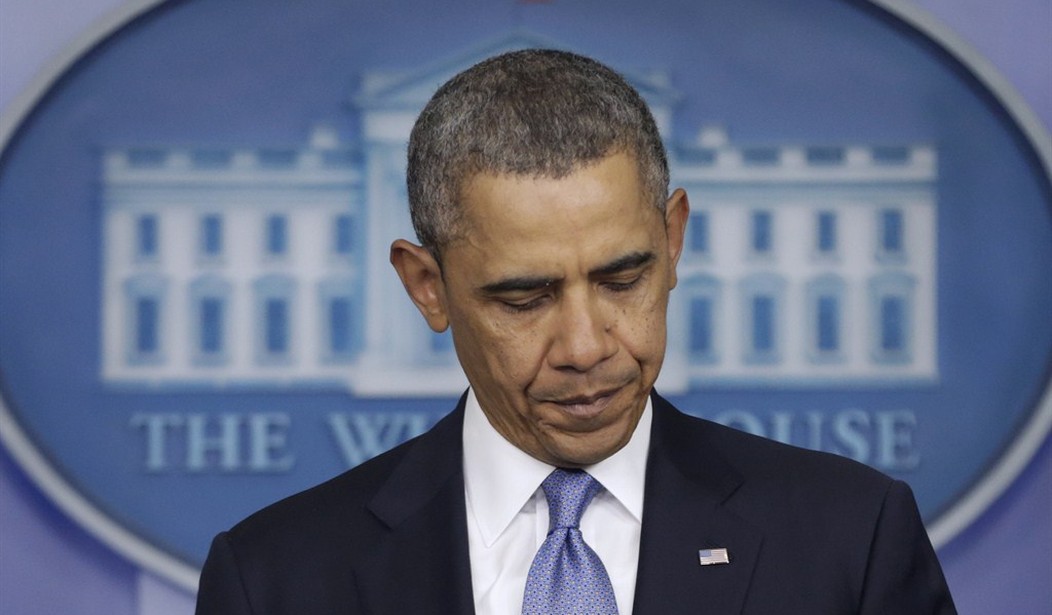WASHINGTON -- As Winston Churchill might have said, the battle for Crimea is over. The battle for the idea of Europe is about to begin.
Russia -- as one might expect from an espiocracy, ruled by a Soviet-era spy -- practices a particularly sophisticated form of aggression. Its military buildup near Ukraine -- perhaps 80,000 troops -- both intimidates Kiev and allows Russia to "adjust" the border in strategically important places such as the natural gas pumping station near Strilkove. At the same time, Russian special operations forces are at work throughout eastern Ukraine, inciting the anger of Russian-speakers and organizing provocations. And all this takes place under the cover of a campaign of propaganda and disinformation unequaled in scope and outlandish falsehood since the fall of the Soviet Union.
These varied instruments of power -- direct threats, infiltration and psychological operations -- have afforded Vladimir Putin a variety of options. He could send his tanks to Kiev -- which is probably unnecessary for his purposes and one of the few ways to involve Ukraine's minimally capable military in the conflict. He could stir up trouble in areas such as Kharkiv or Donetsk and then take military action to "protect" Russian-speaking populations. Or he could consolidate his gains in Crimea while offering President Obama a way out of confrontation. As in the case of Syrian chemical weapons, Putin could allow Obama to declare a diplomatic victory while swallowing a strategic defeat. Once again, the president would likely be grateful.
Whatever his choice, Putin is in charge of events -- which is just as he likes it. The largest problem for America (and for the states of Europe's east) is the inherent ambition of Russia's grand strategy. Putin is using the rights of Russian-speaking minorities to dismember his neighbors and re-litigate the end of the Cold War. And there are about 25 million Russian minorities beyond Russia's borders, including in NATO allies such as Latvia and Estonia. If Russia is not deterred from pursuing this course, the stakes only grow higher.
Recommended
Putin's push is directly at odds with a U.S. strategy successfully pursued by presidents of both parties. They have contended that America is, in effect, a European power, perpetually insecure when Europe is divided and in conflict. So the U.S. has sought the creation of a Europe that is whole, free and at peace, particularly by encouraging the expansion of NATO and the European Union. Over the last few decades, the zone of westward-facing integration has moved steadily eastward, on the appeal of prosperity and democracy. Russia now wants to push this zone back with threats and force.
In this conflict of strategies, the West is far more powerful -- economically, militarily and ideologically. But it is not acting like it. European governments have struggled to produce relatively minor sanctions against Russia. The Obama administration (according to The Wall Street Journal) turned away Ukraine's request for emergency military assistance. (Refusing such an appeal makes little sense, even if you don't intend to fulfill it. Better to plant doubts in Putin's mind than remove them.) And the U.S. Senate, paralyzed by GOP obstruction, delayed other forms of aid to Ukraine.
Will the end of illusions result in a shift in policy? There are signs that European governments are steeling themselves for more costly actions. (Germany, after all, knows something about the practice of exploiting ethnic identity to dismember neighboring nations.) But there is little hope that the Europeans will move decisively without bold American leadership -- today one of the rarest of global commodities.
If Putin persists in confrontation, long-term military assistance to the Ukrainian government would be needed -- if it still exists. Imposing serious oil and gas sanctions on Russia would begin a race: Will Europe run out of energy before Russia runs out of money? The reinforcement of neighboring NATO states and joint military exercises would send a signal, but also raise risks of accidental confrontation. All these actions are costly and difficult. And the sort of thing made unavoidable by Putin's continued aggression.
In the aftermath of the Soviet invasion of Afghanistan -- another end of illusions -- President Jimmy Carter recalled the U.S. ambassador, imposed a grain embargo, shut off technology transfers, accelerated the delivery of arms to Pakistan, began aid to Afghan insurgents, pledged to defend Middle Eastern oil supplies and proposed long-term defense spending increases.
This is now the state of Obama's foreign policy: He must rise to Carter-era levels of resolve.

























Join the conversation as a VIP Member